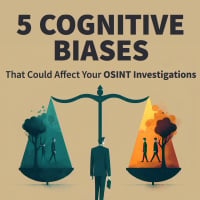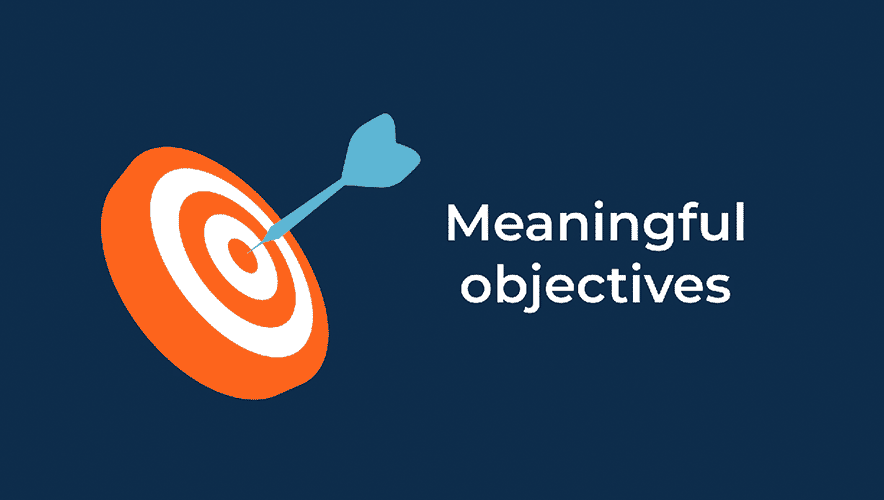How to Deal with Bias in Investigations
Achieving a successful investigation requires accuracy, adaptability, consistency, credibility, and fairness throughout the process. One significant underlying principle that investigators must maintain is impartiality.
Impartiality—the ability of the investigator to sever his or her self-interests, opinions, and preconceptions from the investigation itself—demands objectivity. And to achieve an objective and impartial investigative team, any likely vested interests or conflicts of interest in the outcome of the investigation need to be identified, disclosed, resolved, and recorded before the process begins, according to the Investigations Standard from ASIS International.
SponsoredCognitive biases can lead to faulty analysis and flawed conclusionsIn this new report by Liferaft, learn the top five most common mental heuristics that can sabotage workplace investigations. |
There are various threats to impartiality, including:
- Self-interest, whether vested or financial;
- Impartiality is also at risk when, as part of an investigation, an investigator reviews advice given or work previously done by him or herself;
- Familiarity with methods and people under investigation that can bias either the evidence and/or conclusions;
- Cognitive bias, where someone’s reality and the information they come across is colored by his or her preconceived notions; and
- Intimidation, whether through coercion or pressure.
The ASIS International Investigations Standard suggests that an investigator can demonstrate his or her impartiality through a few methods. He or she can not decide on the investigation’s objectives and not have a vested interest in the outcome. The investigator can also exclude him or herself from any decision-making process at the end of the investigation.
“By not being party to the decisions regarding discipline or corrective action, the investigator has no say in the outcome,” the standard recommends.
Finally, the analysis in the investigation’s report should include a fair observation of the investigator’s performance—how he or she handled and analyzed evidence and intelligence—and consider how that performance affected, both positively and negatively, the investigation’s conclusions.
Sara Mosqueda is associate editor for Security Management. You can connect with her on LinkedIn or via Twitter @ximenawrites.














